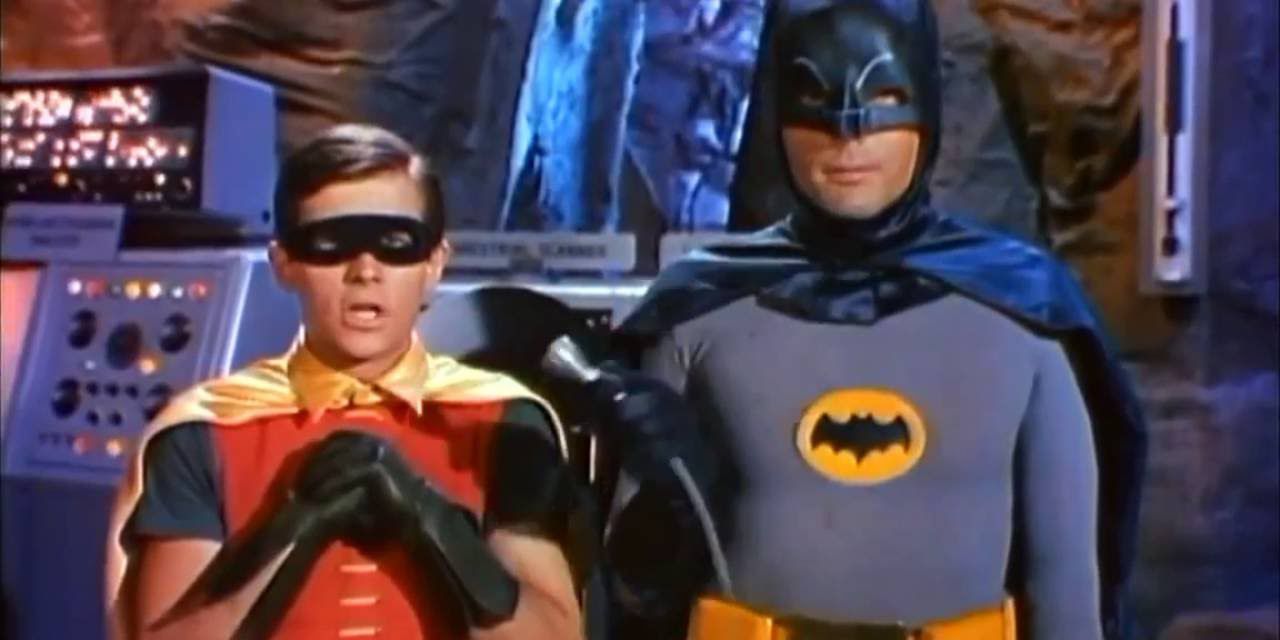Leslie H. Martinson, the prolific television director who worked on more than 100 television series and directed the 1966 theatrical release "Batman: The Movie," died in his home in Los Angeles at the age of 101, as reported by THR.
Martinson, who directed only two episodes of the Batman series, was tagged by 20th Century Fox to helm a theatrical release that cashed in on the immense popularity of the television show. He made the film in just 27 days with a budget of $1.5 million -- a modest sum for an action picture of the time -- and it was released just two months after the end of the show's first season.
Martinson got his start in the 1940s as a script supervisor in feature films, but he soon moved to the then-young medium of television. His first directing gig was on "The Roy Rogers Show," and he quickly established himself as chameleon who could effortlessly shift from genre to genre. Over the course of a career that spanned decades, he directed everything from Westerns to sitcoms, working on shows as diverse as "Maverick," "Ironside," "The Brady Bunch," "CHiPs" and "Fantasy Island." He also accumulated directing credits in genre favorites including "Mission: Impossible," "The Six Million Dollar Man," "The Bionic Woman" and "Buck Rogers in the 25th Century."
Martinson also directed the pilot and fifth episode of the short-lived 1966 "Green Hornet" television series that was produced by Greenway Productions, the company responsible for the "Batman" series. He returned to the superhero genre in the 1970s, directing five episodes of the "Wonder Woman" television series starring Linda Carter, including "Disco Devil" -- the story of a telepathic disco dancer who used his powers to steal government secrets, which guest starred legendary DJ Wolfman Jack.
“Batman: The Movie” celebrated the 50th anniversary of its release on July 30. It was an extension of the popular series and is considered to a milestone of on-screen camp. The feature pits the dynamic duo of Batman (Adam) and Robin (Burt Ward) against four of the series' most iconic villains -- Catwoman (Lee Meriwether), The Penguin (Burgess Meredith), The Riddler (Frank Gorshin) and the Joker (Ceasar Romero) -- and is celebrated by fans for its pop-art aesthetic and over-the-top story.
RELATED: West, Ward & Newmar Return in All-New Animated Batman Film
To this day, fans still delight in the film's most ridiculous plot devices, including an exploding rubber shark that is fended of with canister of Bat-Shark Repellent, a dehydrator that turns humans into dust, a penguin-shaped submarine with paddles instead of propellers and the unseen porpoise that sacrifices itself by swimming into the path of a torpedo intended for Batman and Robin. But who can forget the film’s best gag, which has Batman holding a cartoon-style bomb over his head, and running around a pier Wharf avoiding every manner of obstacle, including a marching band, as he tries to dispose of smoking explosive.
"Some days, you just can't get rid of a bomb," quipped Adam West as the World's Greatest Detective.
Martinson’s career was anything but a bomb, as he helped shape television as we know it. He had this advice for those who wanted to follow in his footsteps: "If you want to be a director, you can start studying before you're anywhere near a set. Every time you watch a television show, you're learning your craft. You don't watch a show for entertainment, you watch to study."
His prolific and diverse output is a veritable library for those who seek to learn. You can watch Martinson discuss making the infamous bomb sequence in this 2003 interview.

